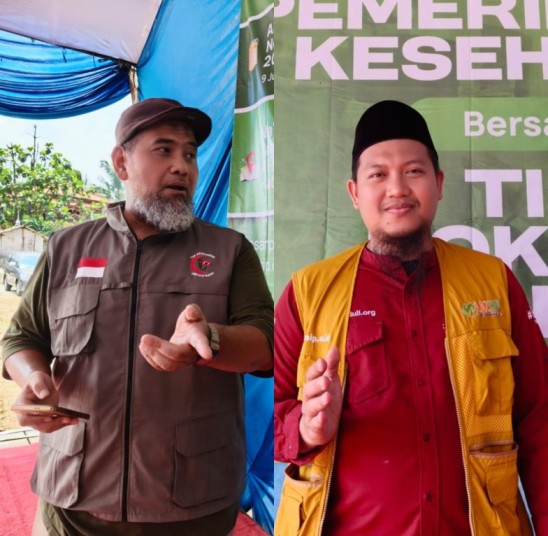Indonesia prepares market stabilization steps to face US reciprocal tariffs

The reciprocal tariff policy imposed by the United States on Indonesia will take effect on April 9, 2025, except for a number of protected and strategic products.
Jakarta (Indonesia Window) – The Indonesian government continues to coordinate across ministries and institutions, as well as establish communication with the United States Trade Representative (USTR), the US Chamber of Commerce, and a number of other partner countries in order to formulate appropriate strategic steps in responding to the reciprocal tariff policy imposed by the US.
The coordination is carried out to ensure that every policy taken takes into account various aspects comprehensively and is in line with national interests, according to a press release from the Coordinating Ministry for Economic Affairs, in Jakarta, Monday.
The government emphasized that Indonesia will not take retaliatory steps against the reciprocal tariff policy, but instead chooses to take measures of diplomacy and negotiation to find a mutually beneficial solution for both countries.
The measures were taken by considering the long-term impact of bilateral trade relations, as well as the stability of the investment climate and the national economy.
“We are given a very short time, April 9, to respond. Indonesia has prepared an action plan by considering several things, including imports and investment from the United States,” said Coordinating Minister for Economic Affairs Airlangga Hartarto in a follow-up limited coordination meeting regarding the United States’ reciprocal tariff policy held virtually, Sunday (6/4).
On the other hand, the Indonesian government is also observing the potential impact of the tariff policy on a number of labor-intensive, export-oriented industrial sectors, such as the apparel and footwear industries.
These sectors are considered vulnerable to global market fluctuations, so the government is committed to continuing to provide support through various targeted incentives to maintain competitiveness and business continuity.
The United States’ reciprocal tariffs on Indonesia will take effect on April 9, 2025.
Several products that are exempt from the US reciprocal tariff include goods protected by 50 USC 1702(b) such as medical and humanitarian goods; products that have been subject to tariffs under Section 232: steel, aluminum, cars and car parts; strategic products: copper, semiconductors, wood products, pharmaceuticals, bullion; and certain energy and minerals that are not available in the US.
The Indonesian government will also continue to coordinate with relevant stakeholders, including business associations to ensure that the voice of the domestic industries is also part of the policy strategy formulation process.
In-depth studies and calculations are carried out on the fiscal implications of various policy steps being considered. This is done to ensure that every policy taken remains in line with the principle of fiscal prudence and maintains the stability of the State Budget in the medium and long term.
“Because this is still dynamic and still requires a working group to continue working, Indonesia’s President Prabowo Subianto asked us to write (a letter) before April 9, 2025. However, technically, the team continues to work to carry out under the umbrella of deregulation so that this responds to and follows up on the previous Cabinet Meeting in March,” Airlangga explained.
The government is also expected to invite business associations to a forum for socialization and gathering input related to the tariff policy imposed by the United States Government.
The Indonesian government is also preparing strategic steps to welcome the opening of the European market, which is the second largest market after China and the United States.
“We can also push this, so that we have a bigger market alternative,” Airlangga said.
Reporting by Indonesia Window

.jpg)








